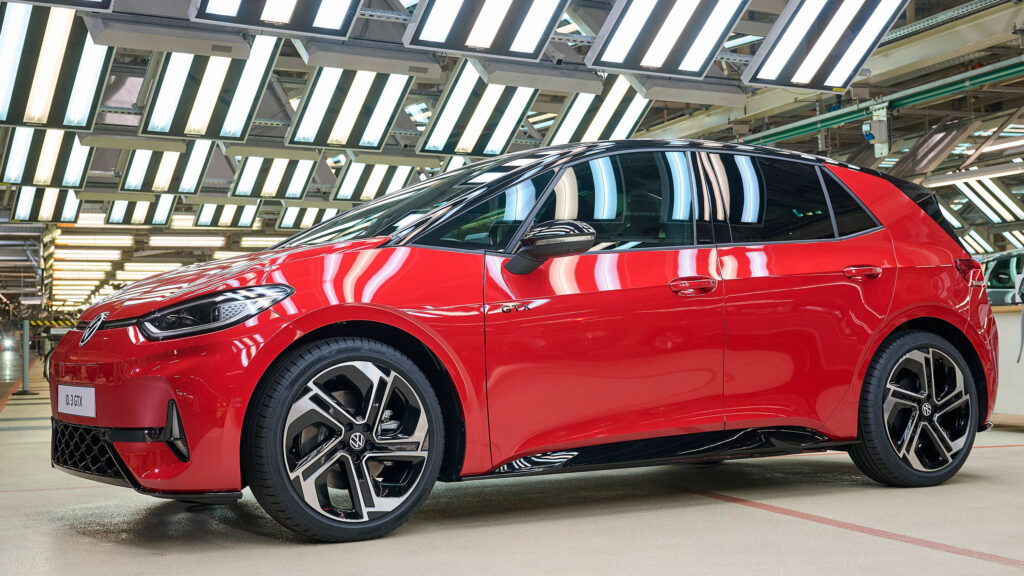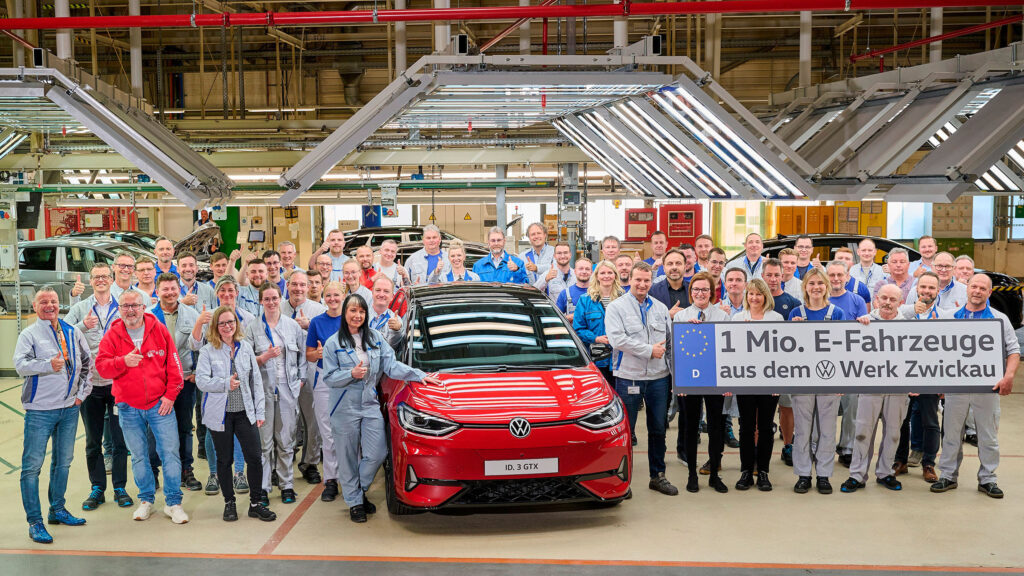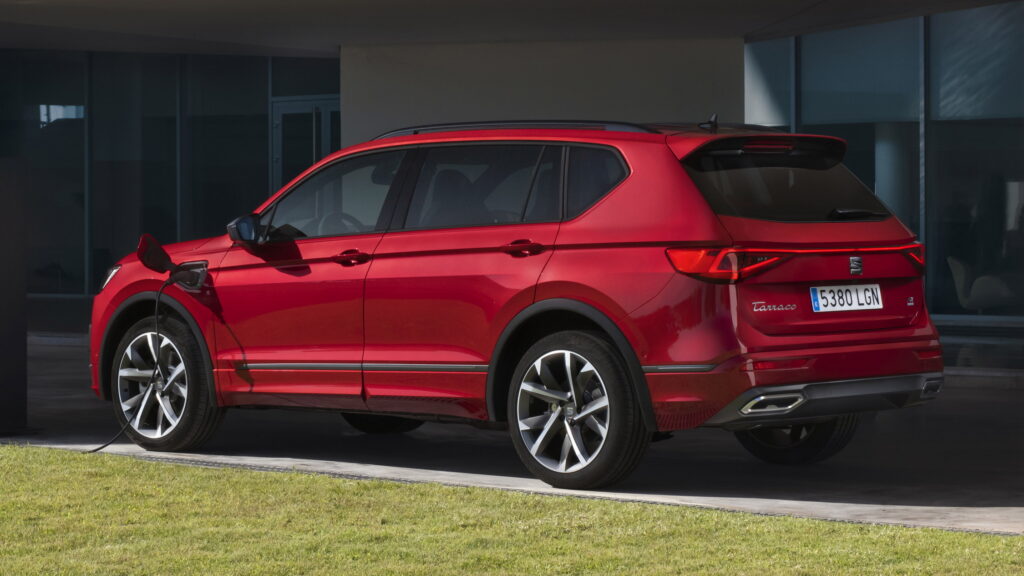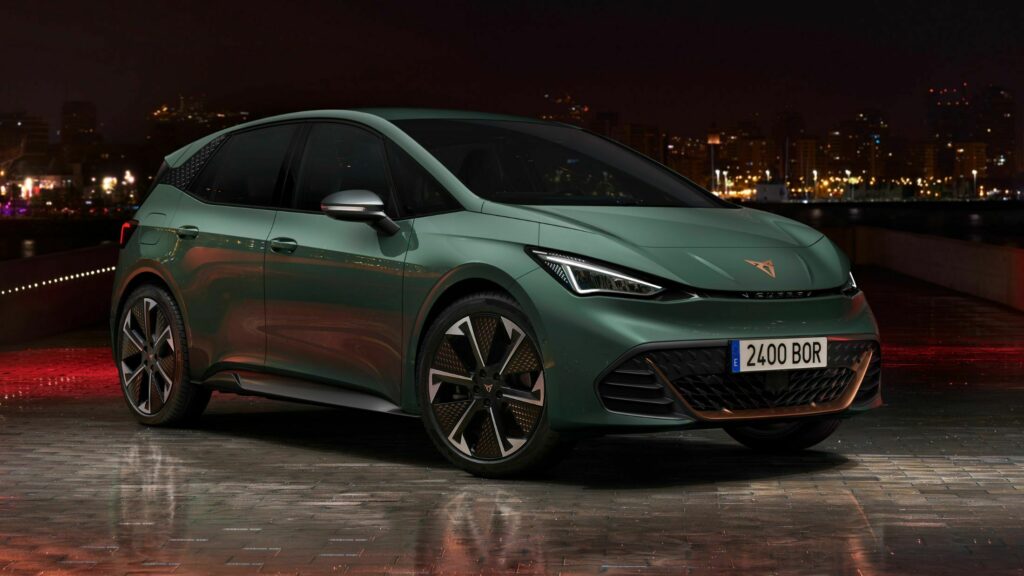Lippert Grows School Transportation Reach with Acquisition of Freedman Seating
Not quite a month after Lippert Components acquired Trans/Air Manufacturing, the company announced it is adding Freedman Seating Company to its school transportation portfolio.
Lippert, a subsidiary of LCI Industries, announced Tuesday it acquired all the business assets of Freedman, an Illinois-based manufacturer of transportation seating solutions. The terms of the deal were not disclosed at this report.
Freedman has been a family-owned company since 1884, providing a variety of seating solutions to the bus, rail, marine, delivery truck, specialty and commercial vehicle markets. Following the acquisition, a press release states the seating operations will continue out of Chicago for the foreseeable future.
Dan Cohen, president of Freedman, told School Transportation News that over the years, many companies have expressed interest in acquiring Freedman Seating.
“We’ve always listened, but we’ve been very deliberate about saying no when it didn’t feel like the right fit,” he said. “It was never just about selling the business. It was about finding a partner who shares our business values, who respects the culture we’ve built and who sees the same potential in our people and products. After thoughtful conversations and a lot of due diligence, we’re excited we’ve found that partner in Lippert. This acquisition gives us the opportunity to build on our legacy, expand our reach and invest even more in our team.”
Cohen said Lippert shares many of the same principles that have guided Freedman for generations. These principles include a focus on quality, long-term growth and putting people first. Lippert is also a family-owned business dating to 1959.
“Under their umbrella, we’ll have greater resources to pursue new markets, improve customer experience and develop new products, all while continuing to invest in the incredible people that made this possible,” he continued.
Related: Trans/Air Says Acquisition a Strategic Business, Culture Move for Family-Run Company
Related: Infrastructure Investor I Squared to Acquire National Express School Bus Contractors
Related: Quebec Government Passes on Saving Lion Electric, Company’s End Appears Imminent
Cohen noted that for the most part, Freedman will do business as usual. There will be title changes due to the corporate structure, but the entire management team is staying on with Lippert.
“Customers should expect to receive the same great quality and service they have for over 130 years with new benefits coming from our being part of a larger organization with greater resources,” Cohen added.
Meanwhile, Ryan Smith, group president of Lippert’s North American OEM operations, said in a press release that Freedman is a welcome addition to the Lippert family.
“Between the two companies, we have almost 200 years combined of family leadership and there’s not too many organizations that can claim that,” he continued. “We’re excited to add Freedman’s seating line to our growing portfolio of bus and transportation vehicle products and with our combined leadership teams we will be able to offer a better-than-ever customer experience to our partners in these industries.”
The post Lippert Grows School Transportation Reach with Acquisition of Freedman Seating appeared first on School Transportation News.



